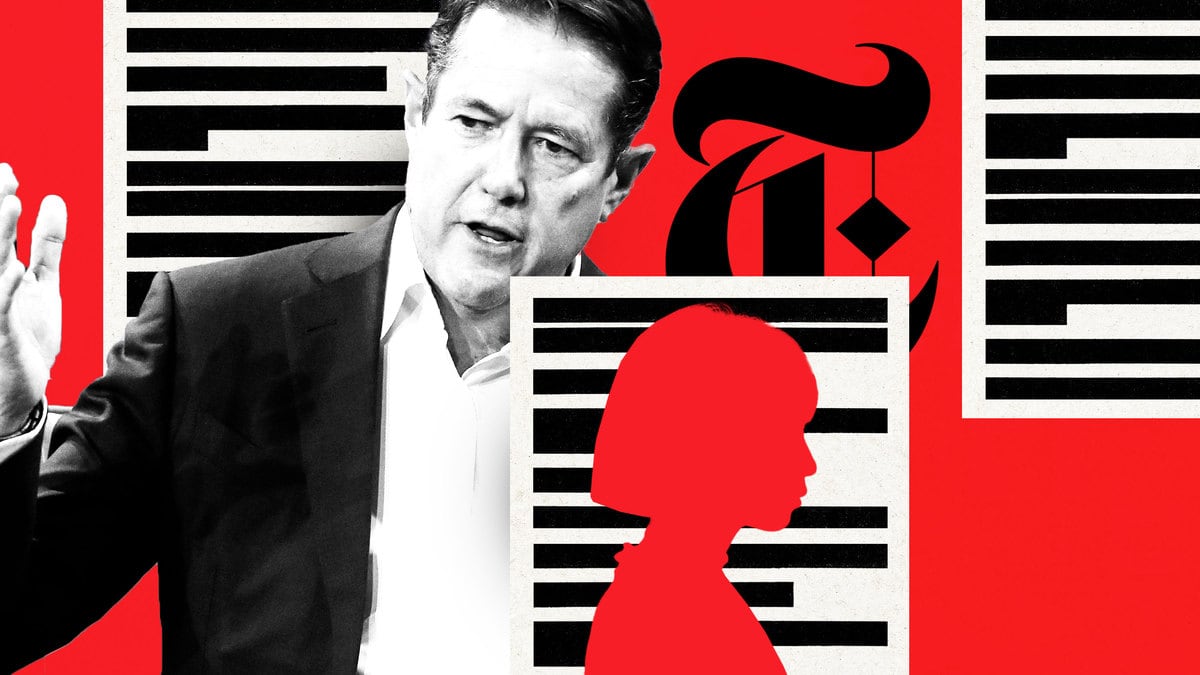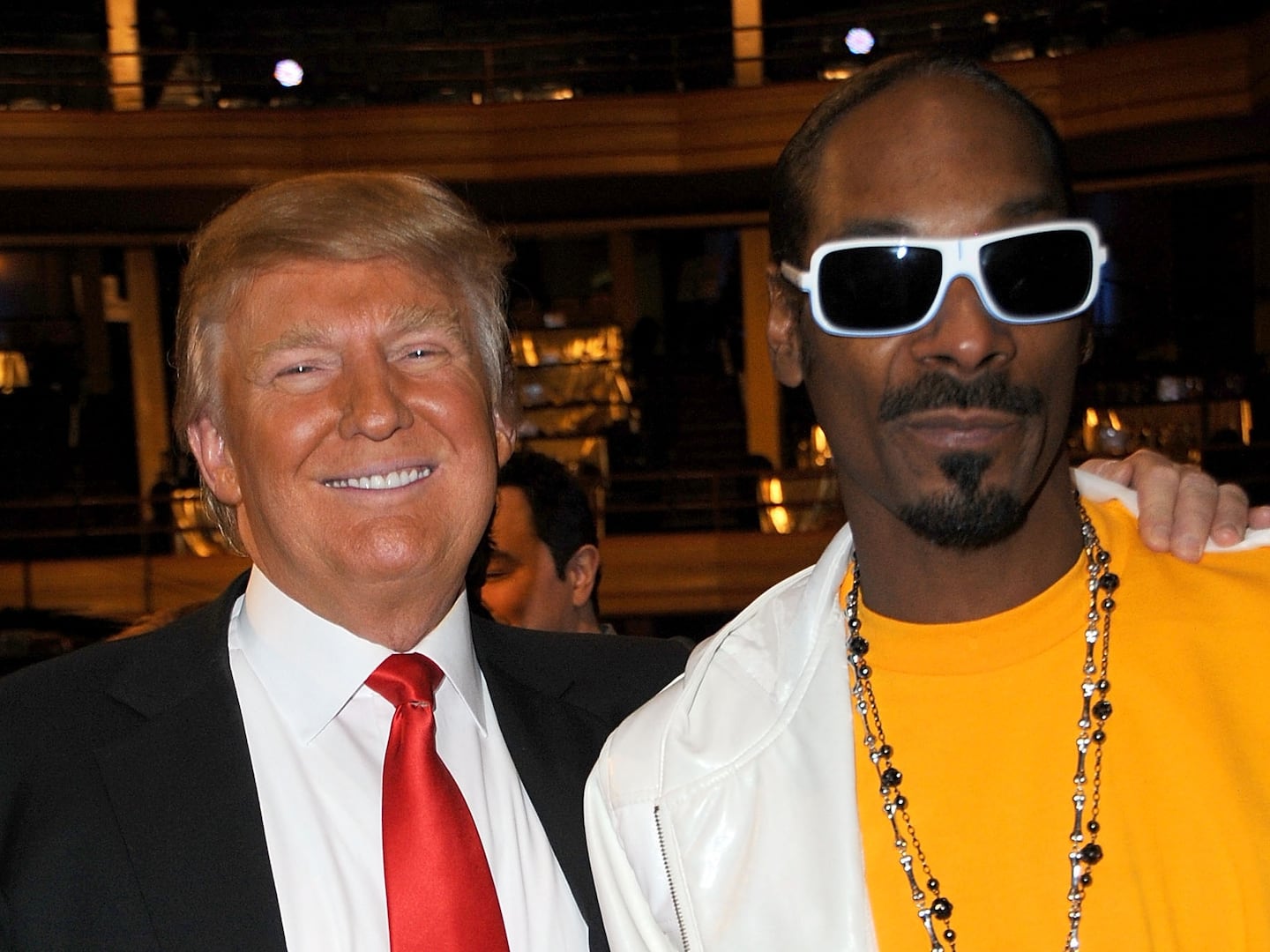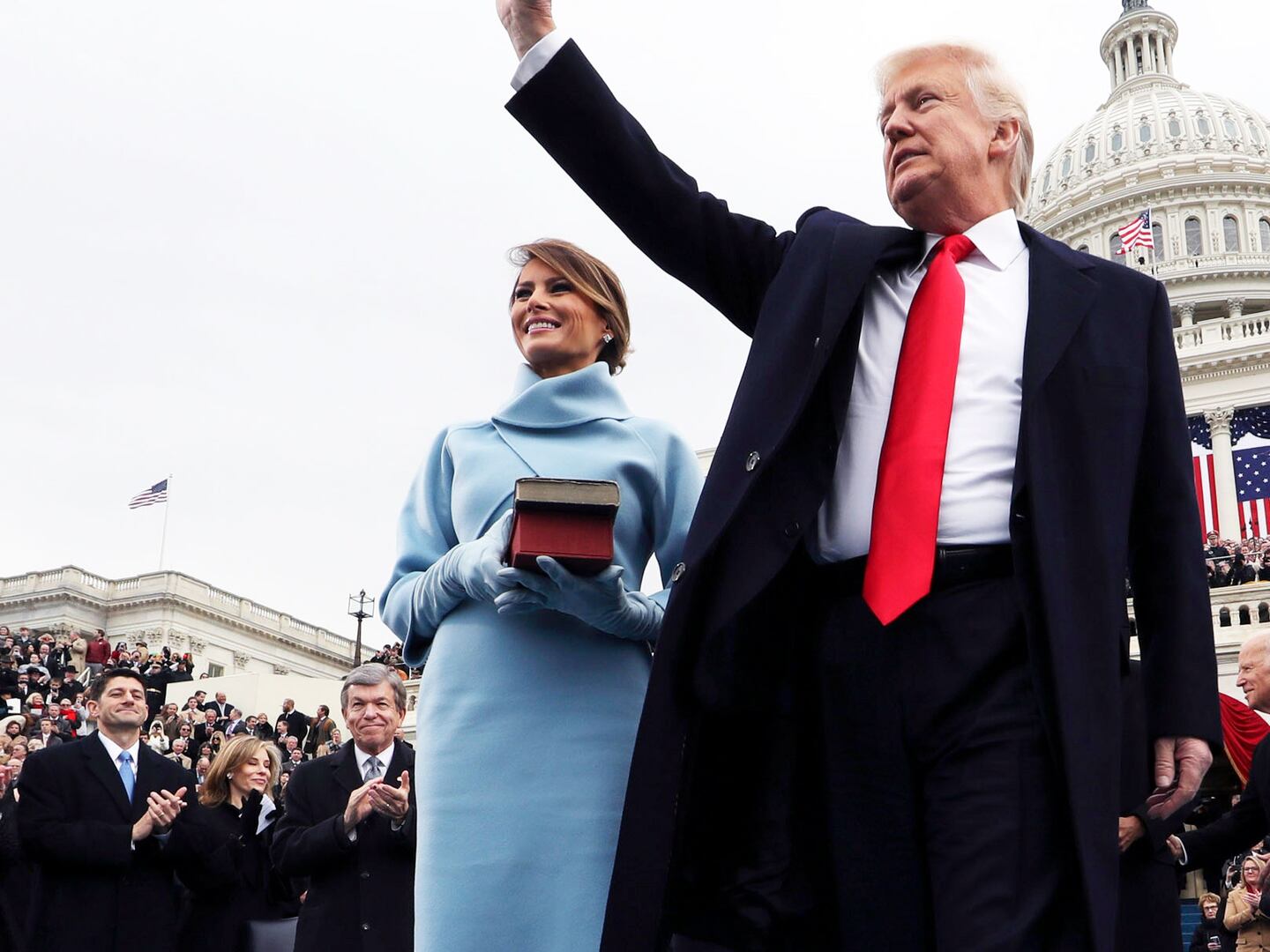Crime & Justice
Photo Illustration by Luis G. Rendon/The Daily Beast/Getty
Ex-JPMorgan Honcho Jes Staley and His Accuser Fight to Keep Her Testimony Sealed
EPSTEIN’S ORBIT
Her deposition includes the name of a ‘powerful figure’ who she says raped her as part of Jeffrey Epstein’s trafficking ring.

Trending Now





